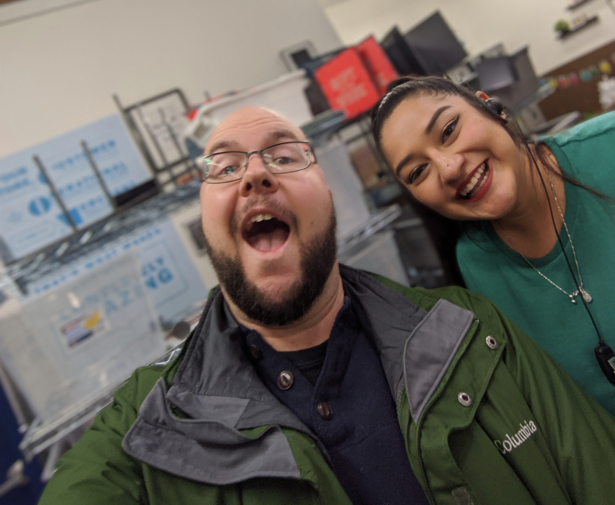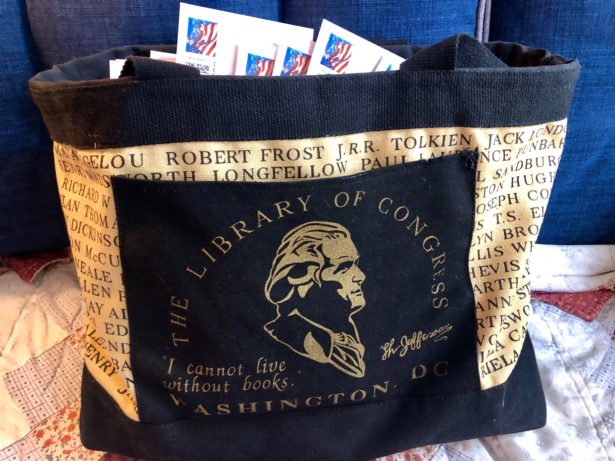
The Metal Librarian Collecting Books For Prisoners
A prison library that seeks to entertain as well as edify
The primary function of a correctional librarian in California is to provide prisoners with access to a legal library so that they can research their own or other cases, says Jameson Rohrer, the correctional librarian at Centinela State Prison in the city of Imperial, California. “After that, it’s suggested and encouraged to have a reading library, but it’s not required,” Rohrer says. “We do our best to provide that reading library as well.”
But budgets for recreational amenities in prisons are notoriously thin, and so Rohrer has turned to creative methods to obtain more entertaining reading for the approximately 3,500 inmates at Centinela. “Donations really help supplement the budget we do get,” Rohrer says. And so, he has taken to social media to solicit donations—with significant success.
“Need donated paperback books for Prison libraries! Msg me at librarytech87@gmail.com and I will connect you with a prison librarian. fantasy science fiction historical fiction suspense/horror comics graphic novels, science,” reads a recent entry from Rohrer’s Twitter feed. And readers, apparently, respond. Between January of 2016 and June of 2018, Rohrer received 8,000 donated volumes, he told Good Turns recently. “Our collections now are at a point where we really don’t need donations,” he says. So now he connects prospective donors with other prison librarians who are looking to build up their own collections.
“It’s not just a library. It’s feels like it’s a resource center for them, a place where they can self-rehabilitate”
The system works in part because Rohrer is very specific in what he asks for, he says. “By getting in the specific donations we’re asking for, we can help improve the overall collections much faster,” he says. “I really just look at our patron population, which is the inmates, and look at what we do and don’t have. There are also pre-determined subjects we do have to have in nonfiction, people trying to fill their informational needs for their GED, their self-help classes they take. If they’re in college classes, I do provide assistance in terms of research. So I’m getting a lot of feedback from them in terms of what they need.”
In addition, Rohrer says, “The patron base is very into reading novels and graphic novels and comic books and things like that. The three big fictional genres are fantasy, science fiction, and historical fiction. Then we’re also getting the materials and donations that help meet the regulatory requirements for the collections. For example, we have to have titles on anger management, self esteem, time management, a lot of self-help titles. It’s not just a library. It’s feels like it’s a resource center for them, a place where they can self-rehabilitate.”
If you’re interested in donating, get in touch with Rohrer at librarytech87@gmail.com, on his Twitter page @ MetalLib87 , or at his website, MetalLibrarian.com, where he writes not just about library science but about his other passion, heavy metal music. It’s an unlikely combination, but if it brings more books to prisons, we applaud it. And as the Metal Librarian himself would say: Horns up!
Photo courtesy of Flickr user Dean Hochman
Posted May 31, 2019





